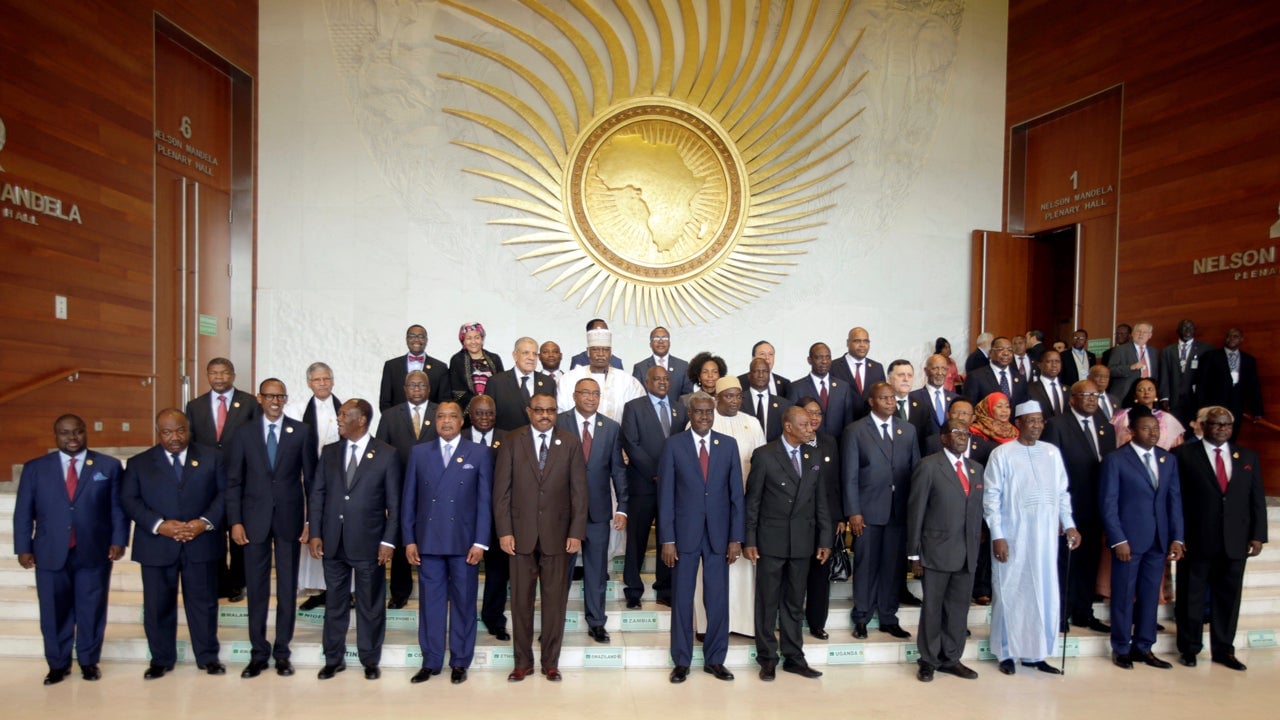The African Union has failed to protect its young female employees from sexual harassment
For many of the young women who intern and volunteer at one Africa’s most prestigious institutions, the opportunity quickly became a nightmare.


For many of the young women who intern and volunteer at one Africa’s most prestigious institutions, the opportunity quickly became a nightmare.
Last week, the African Union released the results of its investigation into a sexual harassment scandal. The AU made public only an excerpt (pdf) of its investigation carried out by a high-level committee that spoke to 88 employees. The investigation uncovered a de facto jobs-for-sex system that targeted young women, and its own failure to establish a sexual harassment policy.
The pan-African institution had a version of its own #MeToo moment in May this year when women staffers challenged the “professional apartheid” they say they endured at the organization. Not only did the African Union fail to empower its female staffers as it championed women’s rights around the continent, it also failed to protect them from sexual harassment.
The investigation followed a broad mandate to investigate gender discrimination, which identified seven elements and listed them according to the prevalence of incidents. At the top was “malpractices in human resource functions,” while at the bottom was “sexual harassment.”
The excerpted report lumps bullying, harassment and sexual harassment together. It further states sexual harassment in particular was unanimously confirmed by all the testimonies collected with youth volunteers and interns as the most vulnerable.
The report was frustratingly vague. Among the few details it offered: sexual harassment tended to take place on official missions, most often with male colleagues who position themselves as “gate-keepers” and “king makers” exploiting the “insecurity of tenure” of young women.
As is often the case with sexual abuse, the number of incidents reported in the six-month investigation likely reflected only a small percentage of incidents. The women who testified in the investigation said that the lack of an existing policy made reporting “counter productive.”
While stating its resolve to “reinforce its zero tolerance” [report’s emphasis], it also conceded that the African Union has yet to establish a comprehensive sexual assault policy. Given the excerpted report, it’s unclear whether the investigators tracked down the young women who may have suffered sexual harassment as an intern or volunteer and are no longer part of the organization.
Yet, in spite of the gravity of these findings, the report still generalizes bullying and human resources malpractice and in so doing downplays the unfair gender dynamic behind this, that was so clearly stated when the female staffers first came forward.
“It is important to note from the evidence presented to the Committee, both male and female superiors are reported to harass and bully their subordinates,” the report said.
The African Union has been in existence for over half a century, has boasted a woman chair, currently has women in senior roles and has made “women, gender and development” part of its outward policy, and yet it is no safe space for the women working there.